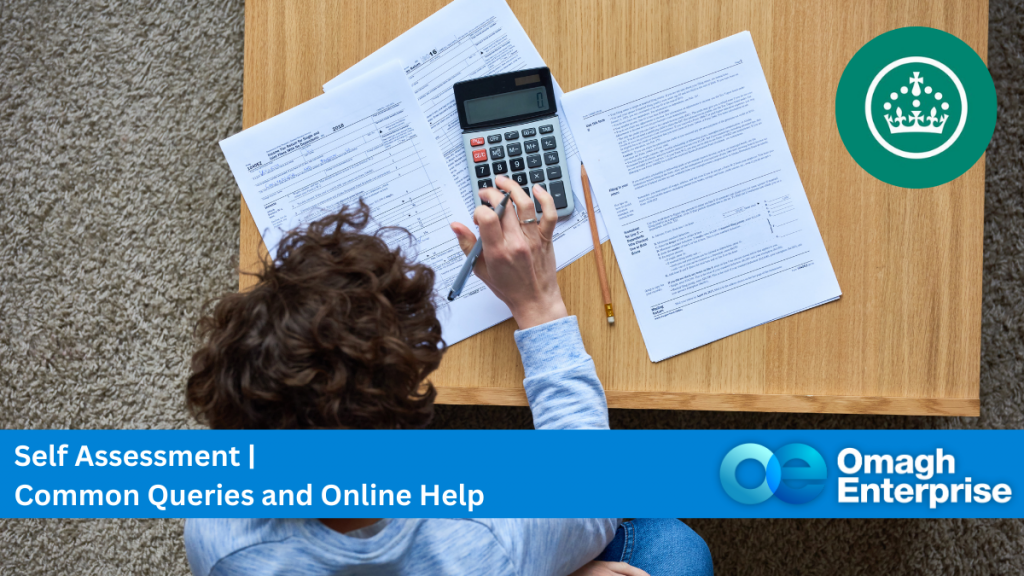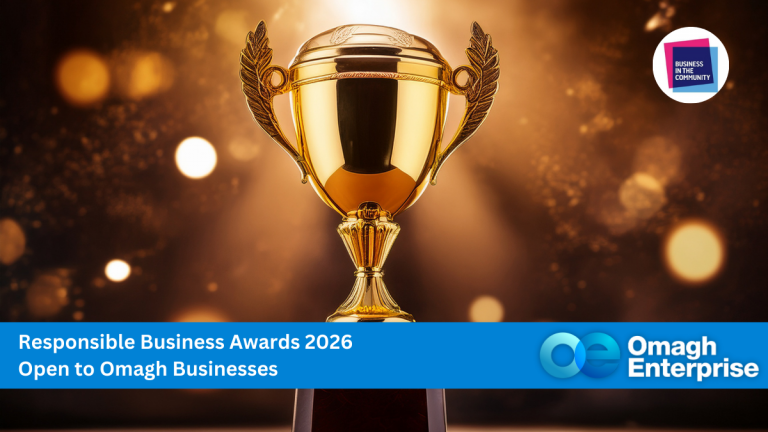HM Revenue & Custom’s Self Assessment customers are urged to use online guidance as the top five helpline calls are revealed.
HM Revenue and Customs (HMRC) has revealed the top five reasons why people are calling their Self Assessment helpline and reminds them that they can self-serve to quickly access the information online.
Top 5 common Self Assessment queries
Currently, the most common reason for speaking to an HMRC advisor is about coming out of Self Assessment. Customers don’t need to call HMRC and can instead access the guidance online to check if they need to send a Self Assessment tax return. If they no longer need to send one, they can use the online service to tell HMRC without the need to speak to an advisor.
The 5 most common reasons for calling the helpline are:
- I no longer need to complete a Self Assessment tax return
- I need to register for Self Assessment
- Can you tell me if I still have to complete a tax return?
- What’s happening with my Self Assessment registration?
- What’s happening with my Self Assessment repayment?
Who needs to complete a Self Assessment tax return?
Taxpayers may need to complete a tax return, even if they pay taxes through PAYE, for example, if they:
- are self-employed and have earned gross income over £1,000
- are self-employed and earned up to £1,000 and wish to pay Class 2 NICs voluntarily to protect their entitlement to State Pension and certain benefits
- are a partner in a business partnership
- had a total taxable income of more than £150,000
- have received any untaxed income including pension income over £2,500
- received income over £1,000 from trading or providing services online
- have to pay the High Income Child Benefit charge
- received interest from banks and building societies or investments (more than £10,000)
- received rental or letting income from UK land and property
New to Self Assessment?
Anyone who is new to Self Assessment needs to register to receive their Unique Taxpayer Reference before they can send a tax return for the 2023 to 2024 tax year.
For more information and guidance see Self Assessment




